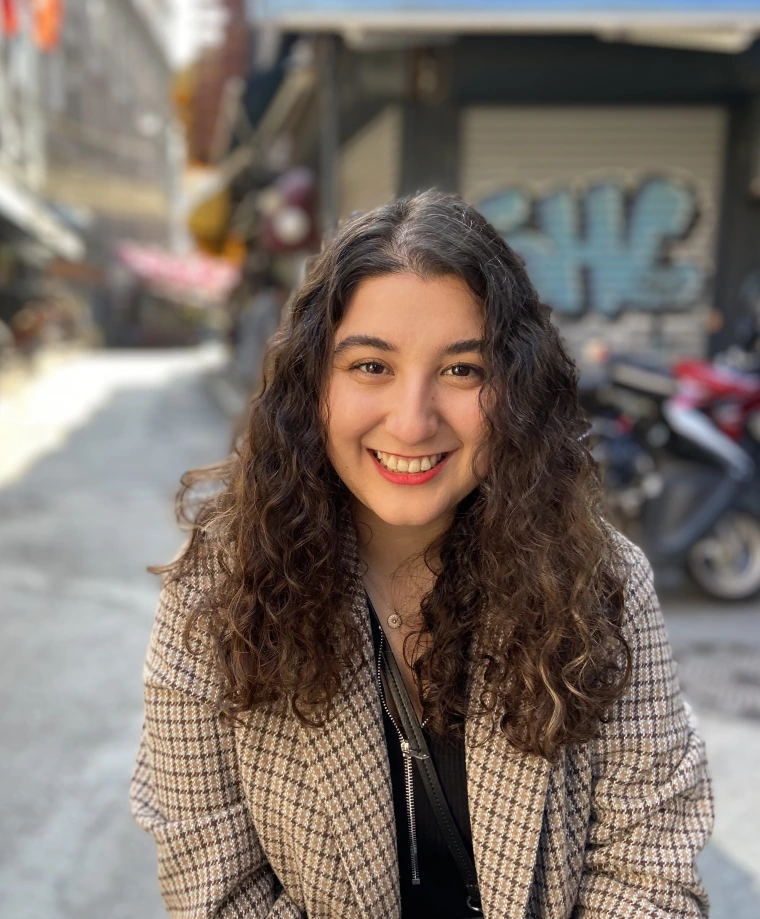Navigating Identities: Multilingual International Students' Experiences in L2 Writing Classrooms
Dissertation Proposal Title: Navigating Identities: Multilingual International Students’ Experiences in L2 Writing Classrooms
Dissertation Committee: Dr. Hayriye Kayi-Aydar (Chair), Dr. Christine Tardy, Dr. M'Balia Thomas, Dr. Deina Rabie
This will be a private proposal presentation. Thank you in advance for respecting the student's privacy.
Abstract: The experiences of multilingual international students (MISs) in higher education have been extensively explored; however, much of this research remains limited to their linguistic identities and language-related challenges (e.g., Tavares, 2021; Sung, 2024). This limited approach oversimplifies the challenges that MISs face. More recent research, however, points out the complexity associated with identities and experiences of MISs (e.g., Cui & De Costa, 2021; Noor, 2024).
This dissertation addresses these gaps by employing an intersectional identity framework (Crenshaw, 1989; Collins & Bilge, 2016) to examine how MISs negotiate their multiple identities within U.S. college-level second language (L2) writing classrooms. Although existing research highlights how intersecting identities influence language learning (e.g., Park, 2009; Cui & De Costa, 2021), its application to L2 writing remains limited. L2 writing classrooms– spaces uniquely shaped by the linguistic and cultural plurality of its learners– often reflect dominant linguistic and cultural norms (e.g., Starfield, 2002; Canagarajah, 2004; Seloni, 2014).
This qualitative study focuses on a foundation writing course at a large public research university and draws on classroom observations, interviews with students and instructors, student writing, and course materials. The research is guided by four questions: 1)How do identities of MISs affect their experiences in L2 writing courses? 2) How do identities of L2 writing instructors affect MISs’ experiences in L2 writing courses? and 3) In what ways do classrooms influence MISs' identity negotiations?, A multi-layered intersectional analytical framework (Lutz, 2015; Collins & Bilge, 2016; Misra et al., 2021) and tools from ethnographic discourse analysis (Roth-Gordon, 2020) guide the study and capture structural, interactional, and experiential dimensions of identity. By situating MISs within an intersectional identity framework and highlighting the instructor’s role in shaping classroom dynamics, this study contributes to understandings of identity in academic writing contexts that will guide pedagogical practices and policies.


